January 12, 2019
No Comments
If it’s true
as grim neurologists now claim,
that our memory is far from intact,
that the very process by which we retrieve the past
is flawed, random, that it plays fast and loose with
fact, detail, even
colour. Then how exactly do I conjure
what was us.
If it’s all up for grabs,
all bets off,
what was true?
The way you looked at me that evening
on the boardwalk,
was it as tender as I picture it now?
And your kiss. As deeply felt?
Did you profess your love in three languages
or was it just two?
Before you round the corner do you actually
turn to look at me
one last time?
Are you in the blue shirt
or the red?
Are those actual tears?
But science falls short. It overlooks
the power of the human heart
which has a memory all its own,
where the moments of our lives never alter,
fade
or grow old.
Where a look remains as tender
as when first it was delivered,
a heart quickens just as it once did.
Yearning as fervent,
passion as acute,
and in that special place
the moments worth remembering
lie in wait for us, inviolate,
undefiled by time
or synapse.

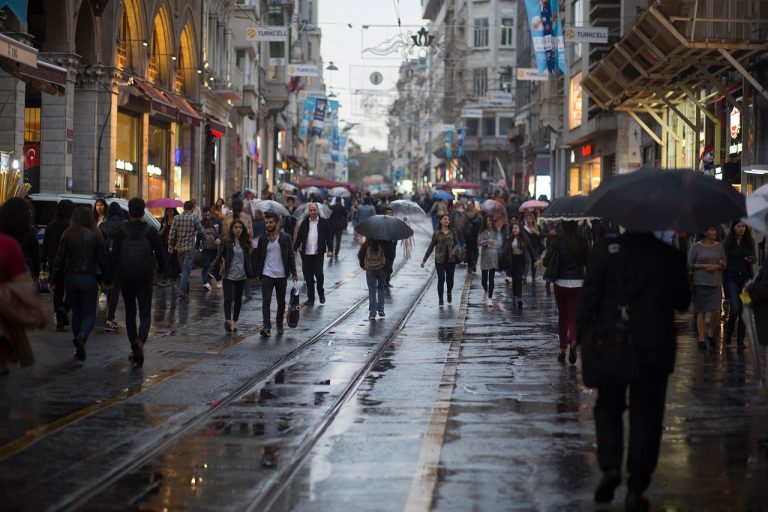
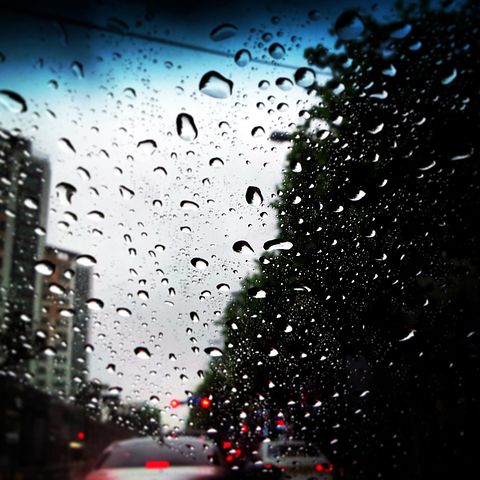
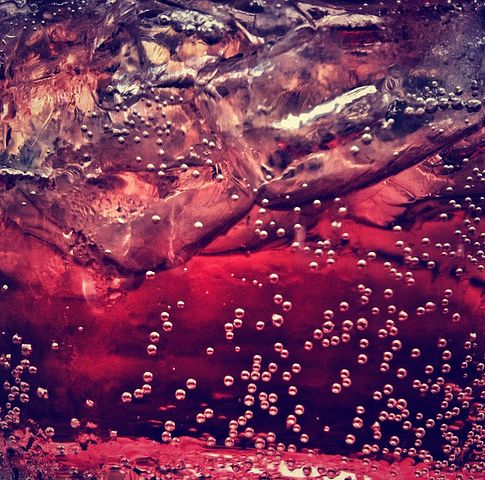
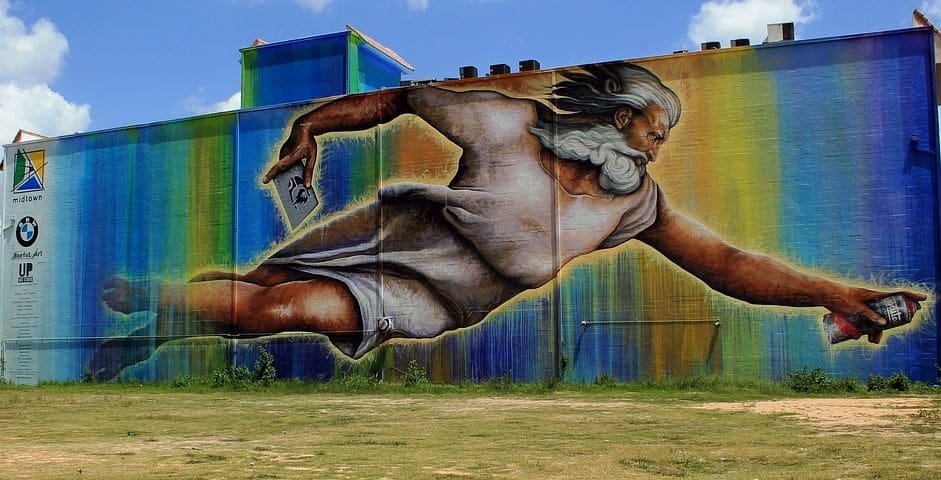
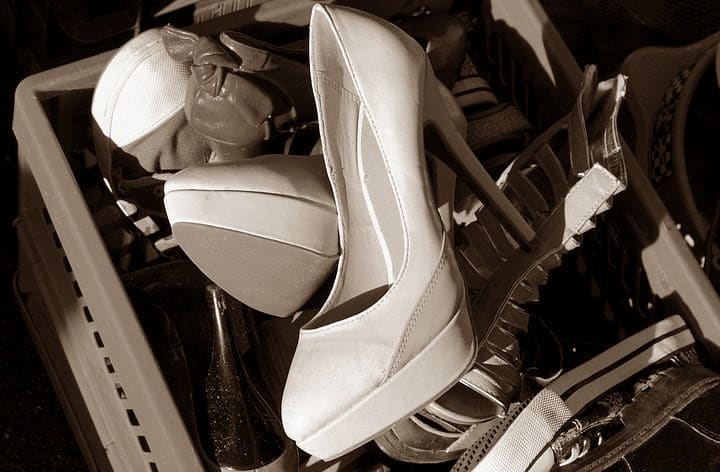
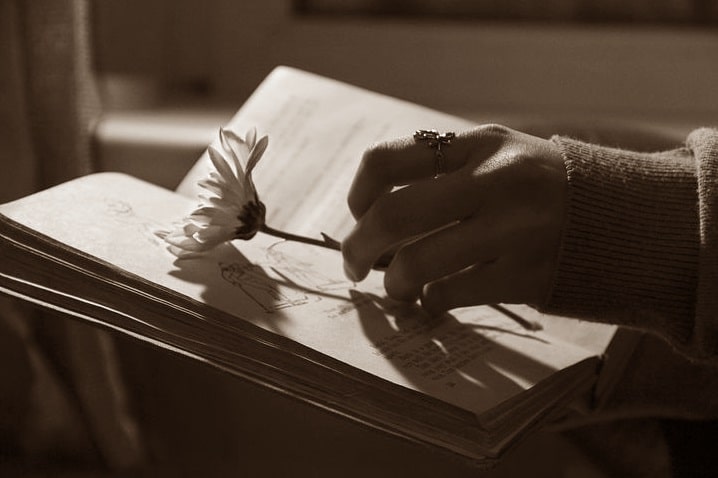
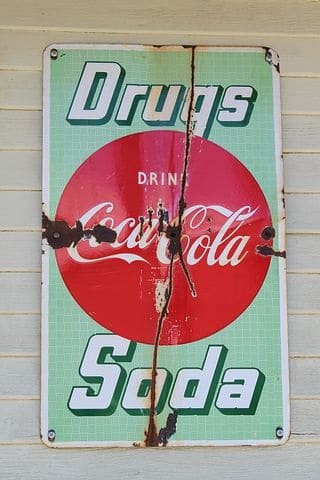

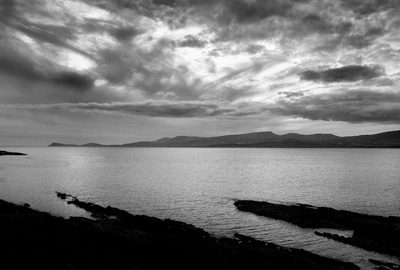


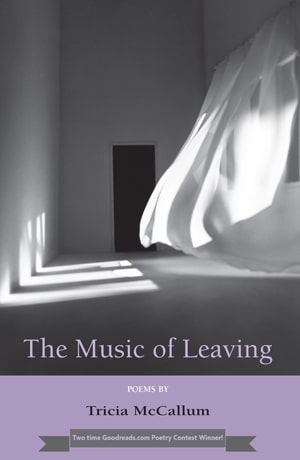



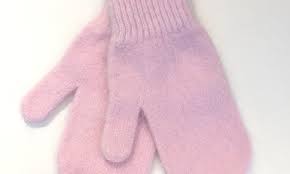
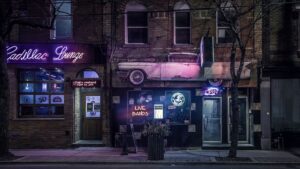
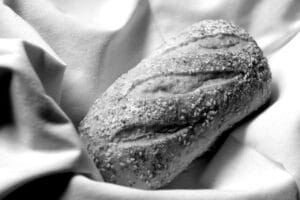
Thanks for sharing